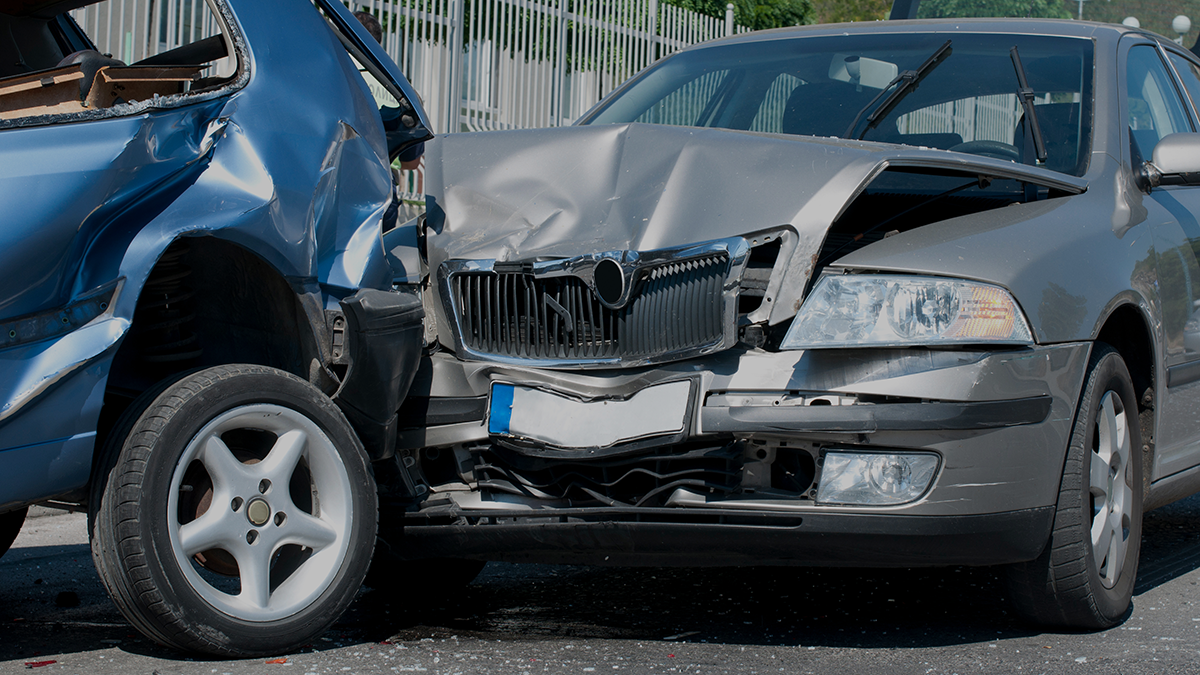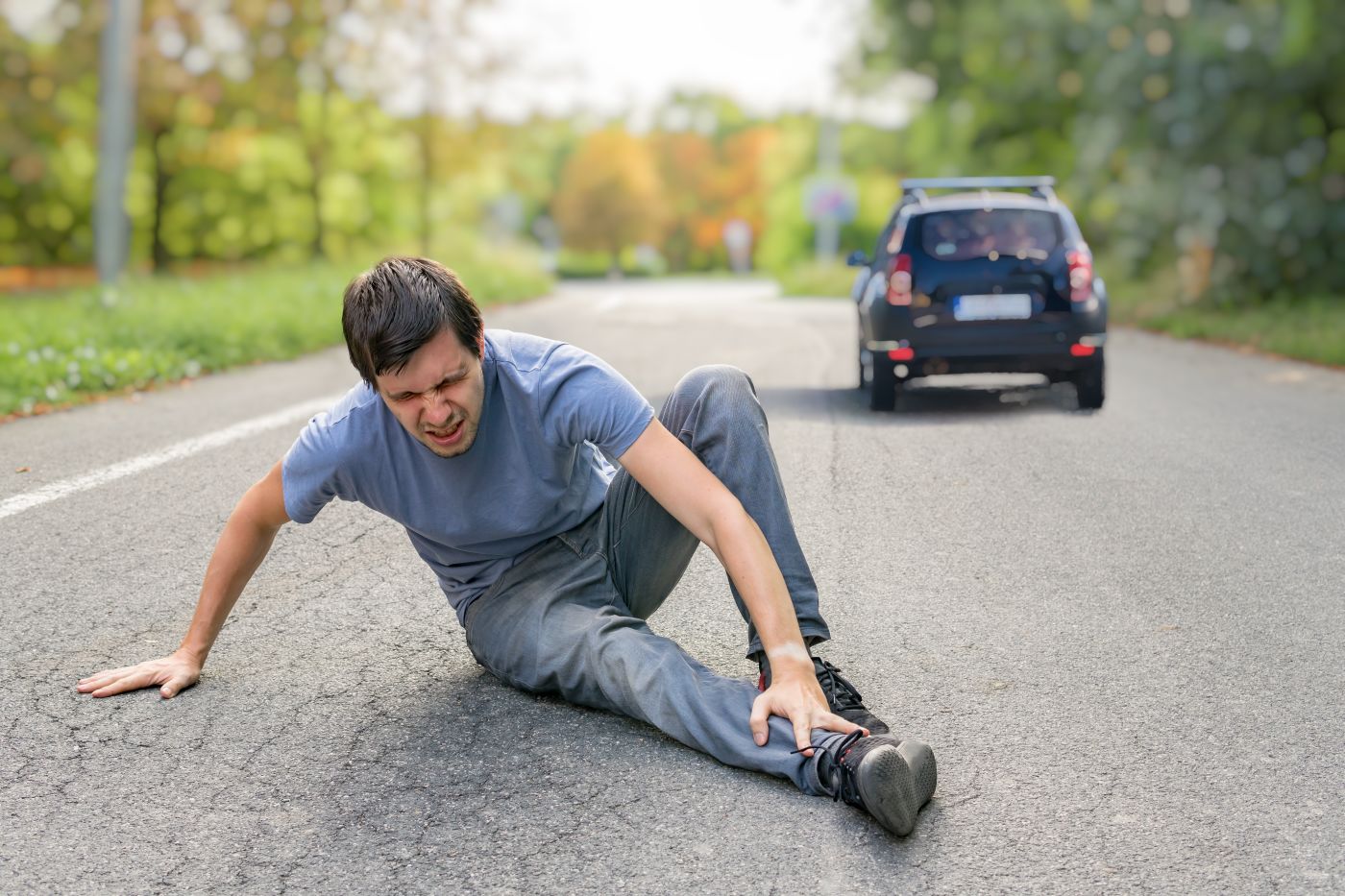Many individuals in Southwestern Ohio find themselves wondering whether compensation is still possible for injuries sustained in motorcycle accidents when they were not wearing helmets. This question often arises because helmet use can influence the severity of injuries and how fault is determined in a personal injury case.
Learn more about the laws surrounding helmets and personal injury, and how legal representation can make a difference in pursuing fair compensation.
Taking a Look at Ohio’s Helmet Laws
Ohio’s helmet laws are less stringent compared to other states, but they still play a role in determining the outcome of personal injury claims. For motorcyclists under 18 or with less than a year of experience, helmets are mandatory, according to the state.
Passengers must also wear helmets if the rider falls into either category. However, there is no universal requirement for all riders to wear helmets in Ohio. Helmet use is critical because it significantly reduces the severity of injuries in motorcycle accidents.
Despite this, Ohio’s comparative negligence rules mean that failing to wear a helmet does not bar you from seeking compensation for your injuries. It may, however, impact the amount you can recover, depending on the circumstances.
The Role of Comparative Negligence
Ohio operates under a modified comparative negligence system, meaning your ability to recover compensation depends on your level of fault in the accident.
If you’re found to be more than 50% at fault, you’re barred from receiving compensation. For example, not wearing a helmet might lead the court to assign partial fault for the severity of your injuries, even if the accident wasn’t your fault.
How Comparative Negligence Works in Practice
Fault percentage: If you’re found to be 20% at fault, your total compensation would be reduced by that amount. For example, if you’re awarded $100,000, you would receive $80,000 after accounting for your share of fault.
Court assessments: The court examines factors like the other party’s negligence, road conditions, and whether the injuries were worsened by the lack of a helmet. This evaluation holds people accountable while providing the injured party with the opportunity to recover.
Comparative negligence helps establish accountability while making sure that victims still have the right to seek damages. It’s essential to work with personal injury lawyers in Ohio who understand how to demonstrate the other party’s fault effectively.
Common Injuries When Helmets Are Not Worn
Helmets are designed to reduce the risk of severe head injuries, but their absence can lead to more extensive damage. Some of the most common injuries include:
Traumatic brain injuries (TBI): Without a helmet, the likelihood of concussions, skull fractures, and long-term cognitive impairments increases significantly. TBIs can result in memory loss, difficulty concentrating, and other life-altering challenges. Victims may require long-term therapy and face difficulties returning to work.
Facial fractures and disfigurement: Helmets can prevent or reduce damage to the face and jaw. Accidents without helmets often cause severe lacerations, broken facial bones, and permanent scarring. These injuries may necessitate reconstructive surgery and leave emotional scars that last a lifetime.
Spinal cord injuries: A lack of helmet use doesn’t directly affect the spine, but the force of an accident can lead to serious spinal injuries, including partial or complete paralysis. Such injuries often require extensive rehabilitation and adaptive equipment.
Road rash and abrasions: Riders without helmets often sustain deeper cuts and abrasions, particularly on the head and neck. These injuries may require extensive treatment, including skin grafts and infection management, adding to medical expenses.
The severity of these injuries underscores the importance of pursuing compensation to alleviate the financial and emotional burdens of recovery.
Proving Liability Without a Helmet
Even if you weren’t wearing a helmet, the focus remains on determining who caused the accident. Establishing liability typically involves:
Gathering evidence: Photographs of the accident scene, video footage, and police reports can establish how the accident occurred and who was at fault. The quality of this evidence can significantly impact your case.
Witness statements: Eyewitness accounts can provide additional perspectives on the events leading to the accident. Their testimony can help counter claims that your lack of a helmet was the primary cause of your injuries.
Medical records: Detailed documentation of your injuries, treatment, and prognosis is critical for demonstrating the extent of your damages. These records help establish the direct impact of the accident on your health.
Expert testimony: Accident reconstruction specialists and medical professionals can provide valuable insights. They can explain how the accident happened and the role of helmet use in the severity of injuries. Expert analysis strengthens your claim by addressing any attempt to diminish your compensation.
Proving liability is a nuanced process, but with the right legal strategy, it’s possible to hold negligent parties accountable. Personal injury lawyers in Ohio can guide you through this process.
Steps to Take After an Accident
If you’ve been involved in an accident and weren’t wearing a helmet, it’s crucial to act quickly. These steps can protect your legal rights:
Seek medical attention: Prioritize your health by getting evaluated immediately, even if injuries aren’t visible. Early documentation of injuries strengthens your claim and makes sure no health concerns are overlooked.
Document the scene: Take photographs of the accident, including vehicle damage, road conditions, and visible injuries. This evidence can provide clarity during the claims process and serve as vital proof.
Avoid admitting fault: Be cautious with statements made at the scene or online, as they can be used against you later. Only provide factual information to law enforcement.
Consult with a lawyer: Personal injury lawyers in Ohio can evaluate your case, explain your options, and guide you through the legal process. Early legal advice can make a significant difference in the outcome of your claim.
Taking these steps helps establish a strong foundation for your claim and maximizes your chances of recovering fair compensation.
Factors That Influence Compensation
Several factors determine the amount of compensation you may receive. While not wearing a helmet might affect your case, it’s just one of many considerations:
Severity of injuries: More severe injuries often result in higher compensation due to the extensive medical care required. For example, spinal cord injuries or TBIs can lead to lifelong medical costs.
Medical expenses: Compensation typically covers hospital stays, surgeries, rehabilitation, and ongoing care. Documenting all related expenses is essential to make sure you’re fully compensated.
Lost wages: If your injuries prevent you from working, you can recover compensation for current and future lost income. This includes any long-term impact on your earning capacity.
Pain and suffering: Emotional distress, physical pain, and diminished quality of life are also considered. These non-economic damages can make up a significant portion of your compensation, particularly in cases involving permanent injuries.
Property damage: If your vehicle or other belongings were damaged, you might be eligible for reimbursement. Property damage claims are often pursued alongside injury claims to provide comprehensive compensation.
Working with skilled personal injury lawyers in Ohio helps make sure these factors are thoroughly documented and presented in your case.
Additional Considerations for Motorcycle Passengers
Passengers injured in motorcycle accidents often face similar questions about helmet use. Key factors include:
Passenger helmet laws: Ohio law requires passengers to wear helmets only if the rider is required to wear one. Passengers not wearing helmets may still pursue claims if injured.
Shared liability: In some cases, passengers may be partially at fault if their actions contributed to the accident, such as distracting the rider.
Injury documentation: It’s vital for passengers to follow the same steps as riders, including seeking medical attention and documenting the accident.
Insurance Challenges in Helmet-Related Claims
Insurance companies may try to reduce payouts in cases involving non-helmet use. Strategies include:
Claiming negligence: Insurers often argue that failing to wear a helmet constitutes negligence, which can reduce your compensation.
Low settlement offers: Some insurers may offer low settlements, assuming victims are unaware of their rights.
Disputing injury severity: Insurers might claim that your injuries were unavoidable regardless of helmet use.
How Legal Representation Makes a Difference
Working with experienced legal counsel can significantly improve your claim’s outcome. Benefits include:
Negotiating with insurers: Lawyers make sure settlement offers are fair and reflective of your damages.
Building strong cases: Legal teams collect and present evidence to counter insurer tactics.
Protecting your rights: Personal injury lawyers in Ohio advocate for your best interests, making sure you receive the compensation you deserve.
Frequently Asked Questions
Can I file a claim if I wasn’t wearing a helmet? Yes, Ohio law doesn’t prohibit you from filing a claim for compensation if you weren’t wearing a helmet. However, your compensation might be reduced under the state’s comparative negligence rules. The key focus is on the other party’s negligence rather than your lack of a helmet.
Does the type of accident affect my claim? The nature of the accident—whether it involved another vehicle, poor road conditions, or other factors—will influence liability and compensation. A thorough investigation will help clarify the circumstances, including whether the accident was avoidable.
How long do I have to file a claim? In Ohio, the statute of limitations for personal injury claims is generally two years from the date of the accident. Failing to file within this timeframe may forfeit your right to compensation. Prompt action is critical to avoid missing important deadlines.
What if the accident was partially my fault? As long as you’re less than 51% at fault, you can still recover compensation. The percentage of fault assigned to you will reduce your total award accordingly. For example, if you’re 30% at fault, a $50,000 award would be reduced to $35,000.
Do I need a lawyer for my case? While you’re not legally required to hire a lawyer, having experienced personal injury lawyers in Ohio can significantly improve your chances of securing fair compensation. Legal representation can make sure your rights are protected and that the case is presented effectively.
How does comparative negligence impact my compensation? Comparative negligence reduces your compensation by the percentage of fault assigned to you. If you’re 20% at fault, your compensation will decrease by 20%.
What if I wasn’t wearing a helmet but the other driver was clearly at fault? Even if you weren’t wearing a helmet, you can still recover compensation if the other driver was negligent. Their fault will be the primary focus of your claim.
Can I claim compensation for the emotional distress caused by the accident? Yes, non-economic damages like emotional distress and pain and suffering are commonly included in personal injury claims.
Are passengers eligible for compensation if they weren’t wearing helmets? Passengers can file claims even if they weren’t wearing helmets. Their eligibility for compensation will depend on the circumstances of the accident and their role in it.
What types of evidence strengthen my personal injury claim? Evidence such as medical records, accident scene photos, police reports, and witness testimonies can significantly strengthen your claim.
More questions for our personal injury lawyers in Ohio? Don’t hesitate to give us a call and learn more about the ways we can assist you.
Speak With Us Today
If you were injured in an accident and weren’t wearing a helmet, don’t let that deter you from seeking compensation. At Diehl & Hubbell, we serve clients in Warren County, Clinton County, Highland County, Clermont County, and Butler County. Personal injury lawyers in Ohio like us are ready to provide the individualized attention you need to move forward. Contact us today to learn more about how we can help you throughout the legal process.



